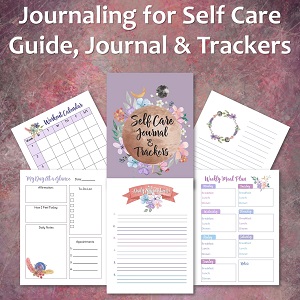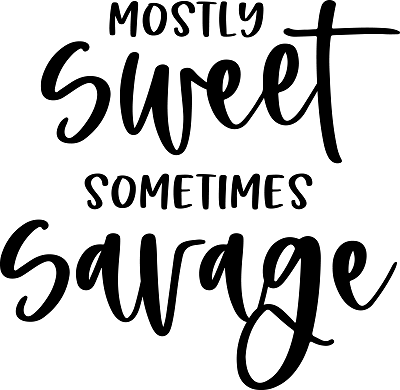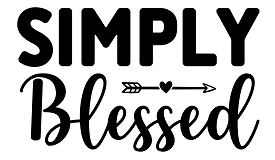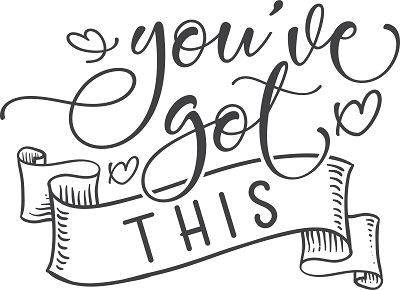 This brings to mind the old saying, “Which came first, the chicken or the egg?” Can social anxiety disorder cause depression?
This brings to mind the old saying, “Which came first, the chicken or the egg?” Can social anxiety disorder cause depression?
Or is it the other way around? It’s both actually.
- Social anxiety disorder makes people withdraw out of fear.
- Depression makes people withdraw due to lack of joy.
It’s kind of a catch-22 situation here. Not everyone with social anxiety will experience depression, and not everyone with depression will experience social anxiety, but the likelihood is there and it is not unusual.
Below we will look at some situations where social anxiety and depression actually do go hand-in-hand.
Trouble Finding a Significant Other
Dating is hard enough without the added insecurities related to social anxiety and depression. However, if you aren’t willing to go out there and look at some potential candidates, that loneliness can turn into deep sadness.
Fear of the Dream Career
Social anxiety is a huge deal regarding the workforce. In any number of career choices you will encounter people. You might even be expected to give a speech or presentation at some point, and if you are the big boss, firing someone is part of the job.
Most jobs require communication skills in one form or another. So you are going to have to utilize social skills.
The fears of encountering social situations at work stop people from pursuing advancement opportunities or interviewing for their dream job. Then depression may arise because they feel they have failed. It becomes a vicious cycle.
Lack of Human Interaction
We all need human interaction. Developing relationships is hard work, and even harder if you’re depressed or have social anxiety. However, we require quality close personal relationships to maintain a sense of happiness and balance.
This isn’t about a significant other, but more about your friends, family, neighbors; anyone who you would encounter on a regular basis. Any social avoidance enhances depression.
Inferiority Complex
People with social anxiety avoid confrontation and social situations like the plague! It’s hard not to look at people and categorize them into social status groups; the most outgoing, fun and popular, down to the recluse and submissive.
The ones with social anxiety don’t see themselves as part of the “cool kids club” and feel like their rank is way lower on the scale, potentially a wall flower.
Standing there awkwardly, hoping no one makes eye contact or tries to engage in an actual conversation. They give power to the inferiority complex, thus providing a nice, cozy home for depression to move on in.
Being Invisible
Have you ever been referred to as “so and so’s wife/husband”. You don’t really get a name. You simply exist only in relation to another person. If you allow social anxiety to gain the upper hand, being a hermit can become the main goal.
As long as you aren’t in the spotlight, you can manage. Except you are creating a breeding ground for depression. Being lonely and dismal in the dark all the time is not healthy. You must have an identity to feel like you are a part of something and feel whole.
So, which one came first? Social anxiety or depression? It depends on the individual and circumstances. The truth of the matter though, is they fit together like peas in a pod. Depression is hard to depict and often over-shadowed by the symptoms of social anxiety.
It’s when you’re alone, in what is supposed to be your comfort zone, you feel the effects of depression. You might not even know you’re depressed until it’s really making an impact on your quality of life.
You deserve a better life, you just have to believe it and go get it!




